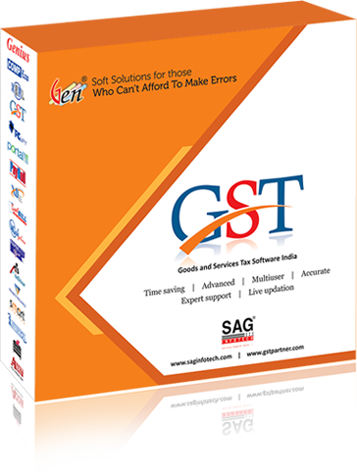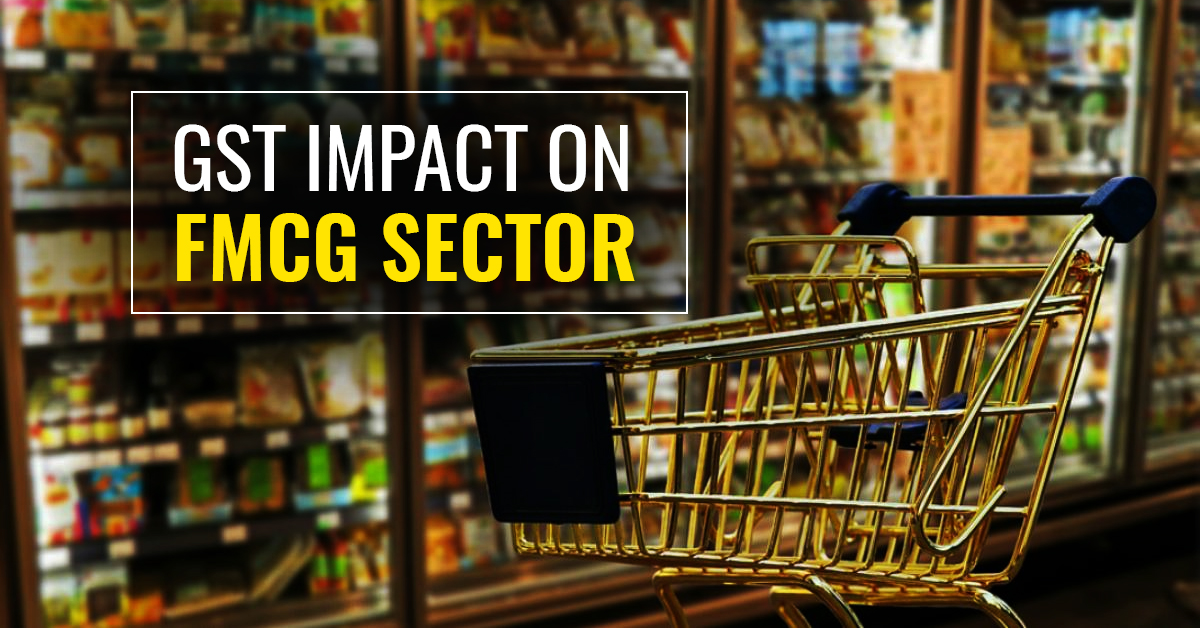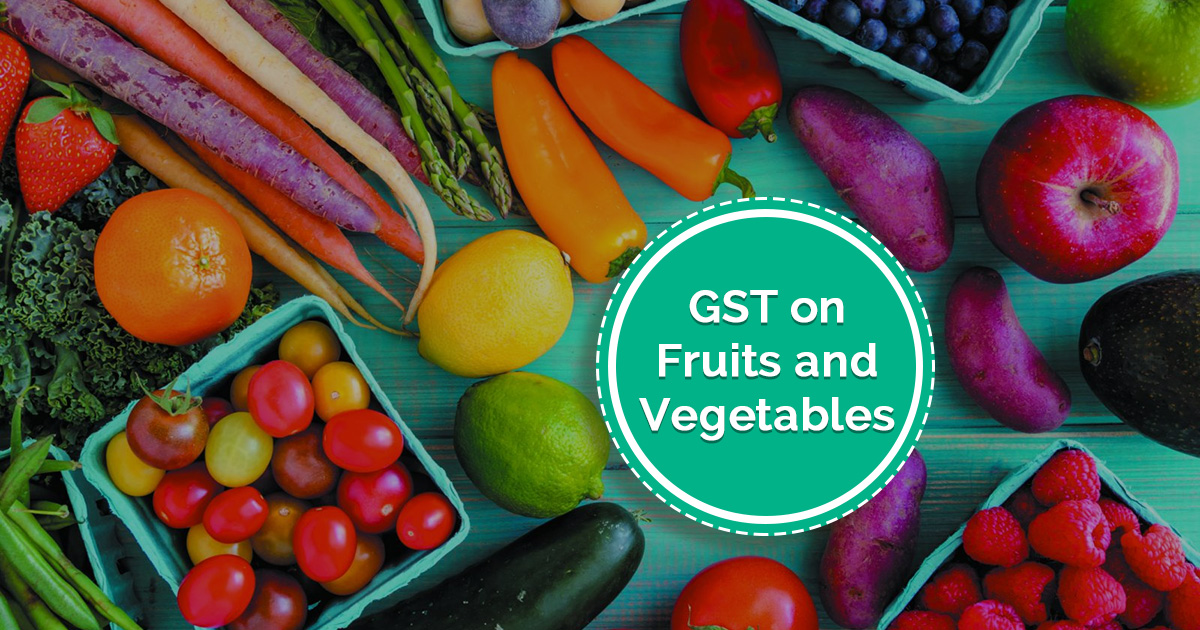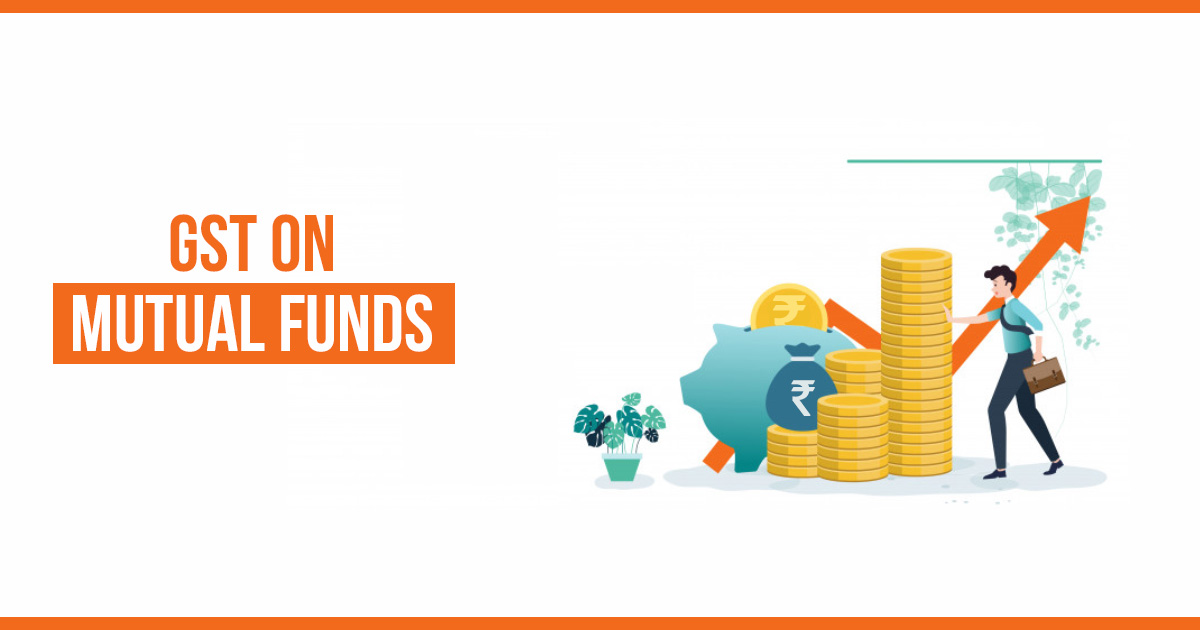The fast-moving consumer goods (FMCG) is one of the largest economic sectors in India. This sector mostly represents packaged goods and other consumables except for groceries, pulses, etc. According to a report by the Brand Equity Foundation of India, with an annual growth rate of 20.6 percent, the FMCG industry of India is expected to reach US$103.7 billion by the next two years. Let’s discuss the GST impact on FMCG sector in India.
GST was launched in July 2017 as a common tax on all the eligible goods and services in India. It actively replaced all the previous taxes, including service tax, VAT, Excise Duty, etc. GST has multiple tax rates for different categories of taxable commodities. Let’s see how goods & services tax (GST) system changed the future prospects for this sector.
Tax Rates on FMCG Products before GST
Before the implementation of GST in India, most of the FMCG products were taxed at rates ranging from 22 to 24 percent. Here are some examples.
The tax on detergents was 23% while sanitary napkins used to be taxed at the rate of 10-11%. Skincare products including shampoo were taxable at 24-25% standard rate. Some daily use FMCG products like butter, ghee and cheese were taxed at comparatively lower rates of 3 to 5 percent.
As we can see, the average tax rate on FMCG products before GST was not more than 24-25%. Let’s see how it changed after GST.
GST Rates on FMCG Industry
The goods and services tax (GST) was introduced with five standard tax rates – 0%, 5%, 12%, 18%, and 28%.
Under the new tax regime, the average tax on FMCG products is in the range of 18 to 20 percent, which is clearly lower than the previous tax system. However, if you see the GST impact on individual products, the tax rates of some commodities have increased while decreased for many others. Here are some examples.
The tax on detergents is 28% which is higher than before. The tax on toothpaste, hair oil, and soaps is reduced from previous 22-24% to 18% under GST. Some basic use commodities such as milk, eggs, paneer, wheat, rice, curd, fresh vegetable, etc., are kept free of tax.
Impact of GST on FMCG Sector
Since the tax rate on many of the FMCG products and services are lower under GST, it has benefited the business owners and manufacturers. The tax benefits are also expected to be passed on to end consumers who will benefit by paying low tax on their purchases.
Another great benefit is in the form of reduced cost of logistics. Since the tax rate on logistics related services is low under GST, the distribution cost has decreased after the implementation of the new tax system reducing the overall cost of transportation and storage of goods.
Most of the reputed FMCG sector companies, including HUL, Patanjali, and ITC in India have already started passing on the benefits of reduced tax to their consumers, either in the form of reduced prices of their goods or by increasing the product amount for the same cost. The lower cost has motivated people to invest more in this sector and has reduced the overall cost of living. Similarly, no tax on basic food products like milk, cereals and eggs would allow people to freely spend on these items.
Since the tax rates on products like edible oils and hair oils have decreased, the companies like Marico that deal in these supplies are enjoying the benefits under GST. On the other hand, companies that deal in dry fruits, dairy-related products, etc., will also have to deal with the increased tax rate on their products.
The effective tax rates have increased on some products, especially on aerated products and beverages which will now attract 28% GST in addition to 12% cess. This has had an immediate impact in the form of increased cost of these sweetened aerated water and related products.
Conclusively, GST is beneficial for some companies while not for other companies in the FMCG industry, but it is certainly going to have a positive impact on this sector in the long term.
The lower tax on many products including logistics services has enabled manufacturers to perform their business transactions more freely and cost-effectively. This has also empowered common man to purchase more and save money on their purchases.
The long-term impacts of GST on FMCG industry are still to see, but the short-term impact clarifies one thing – GST hasn’t changed much in terms of cost since the cost of some products has increased while that of most others has decreased and they are expected to average out each other on a macro level.
Recommended: GST on Entertainment Industry






